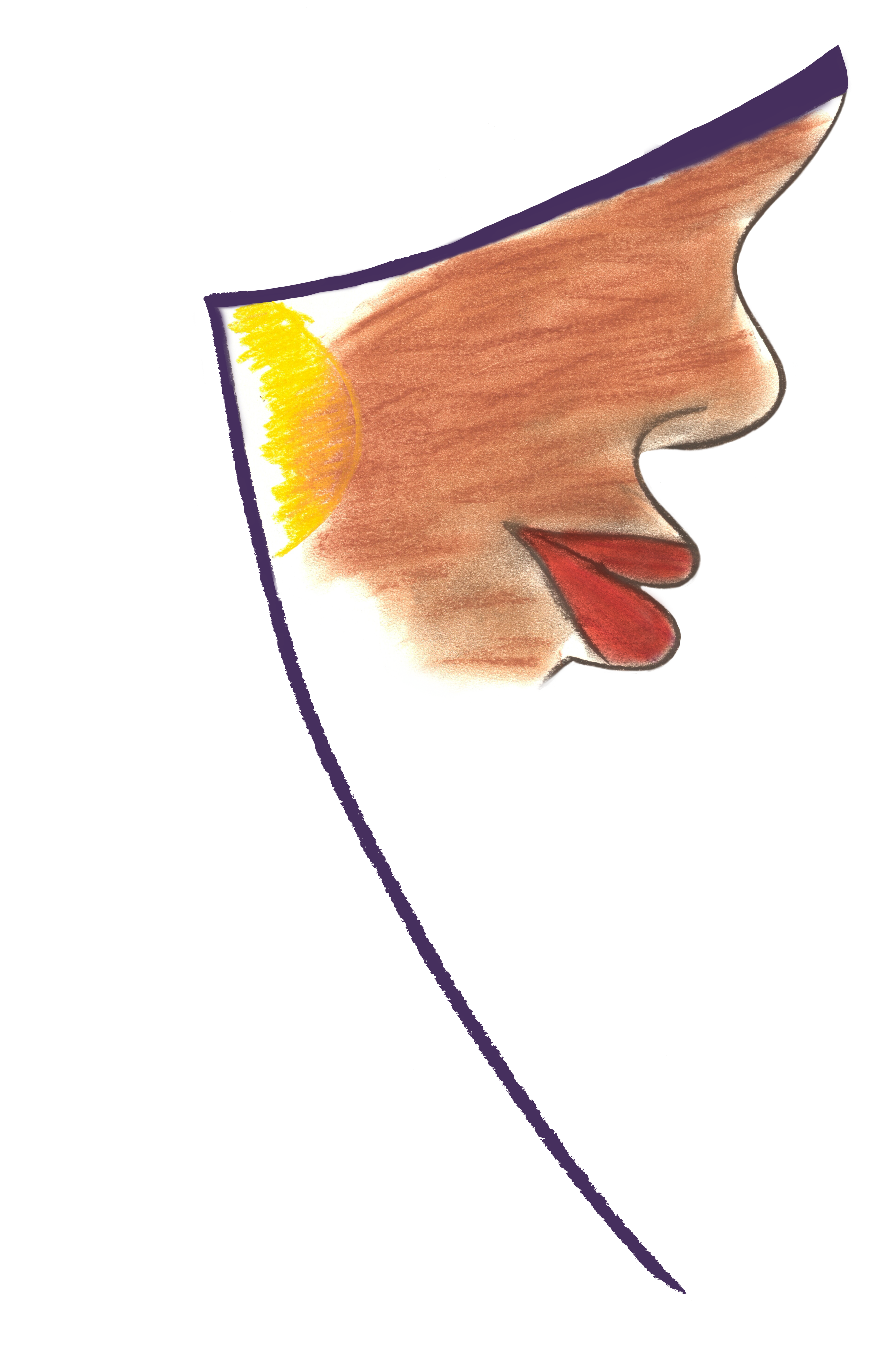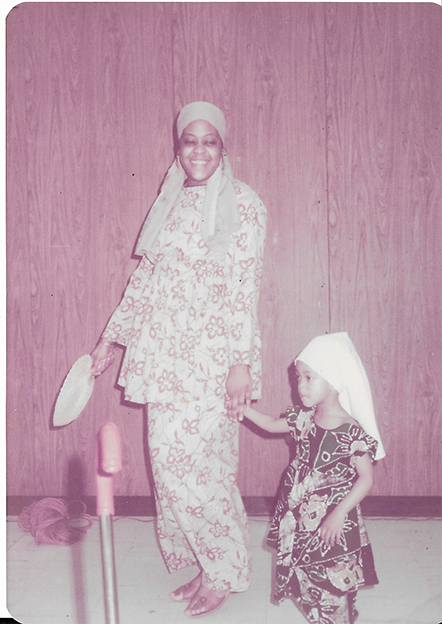
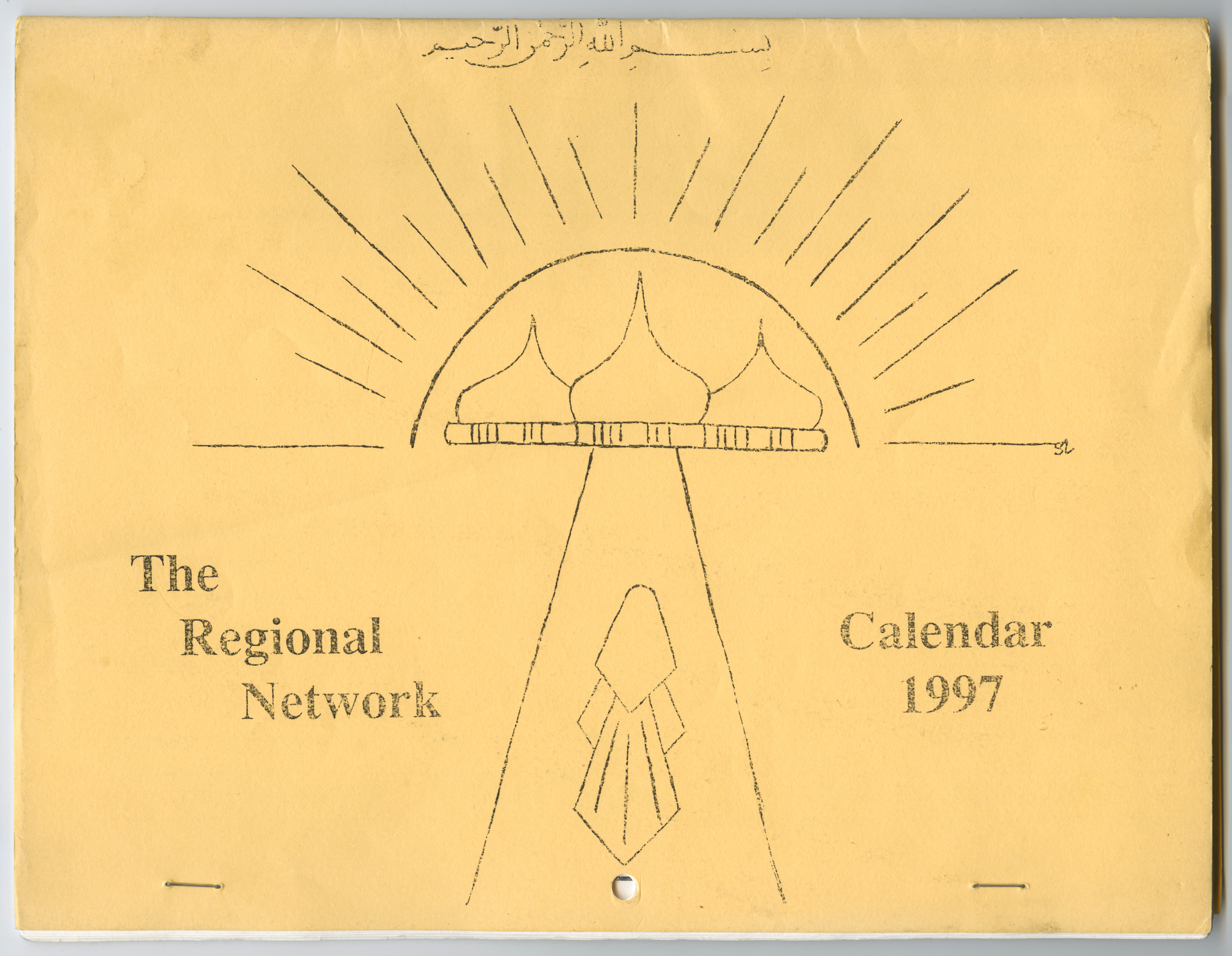
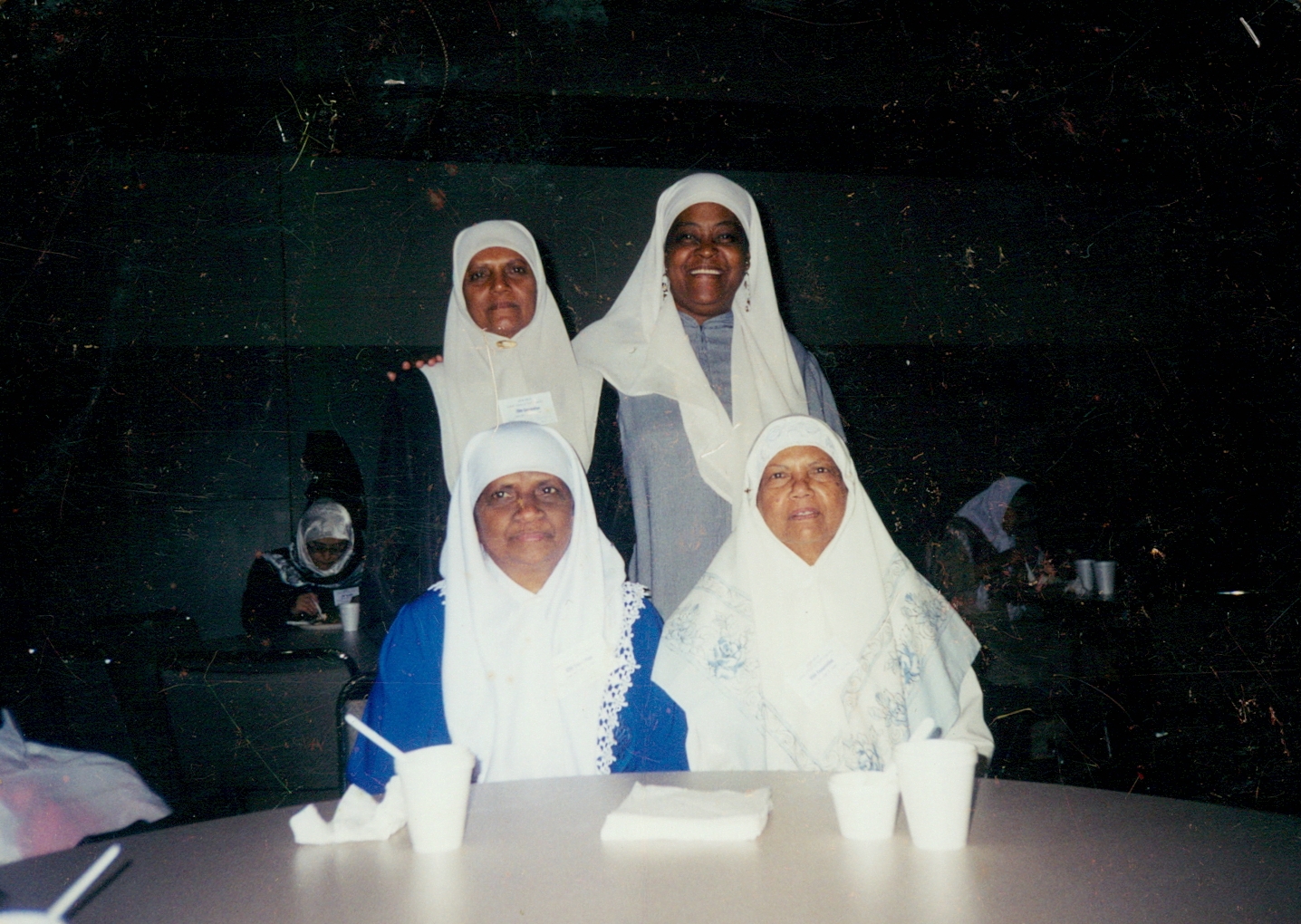

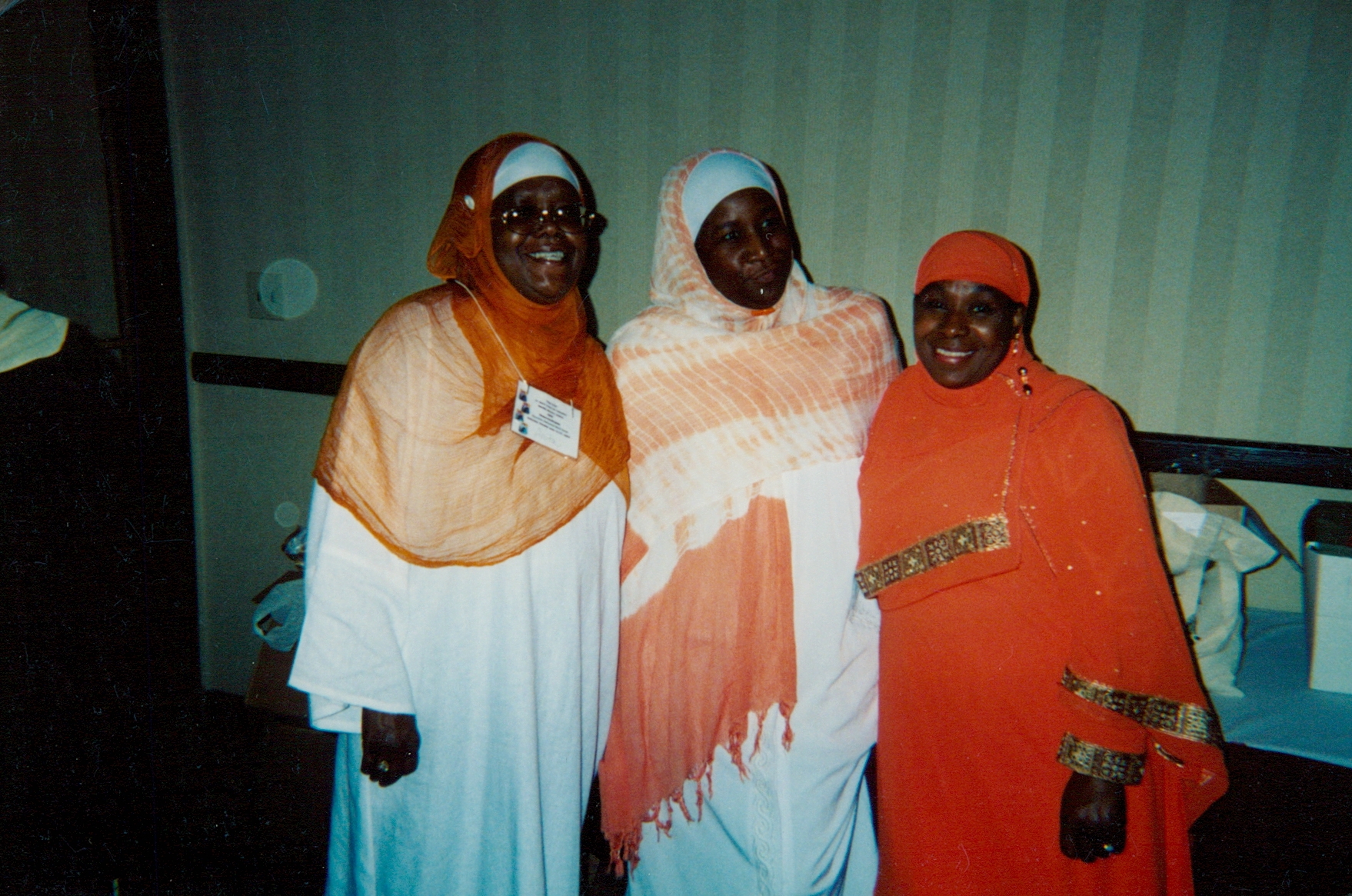
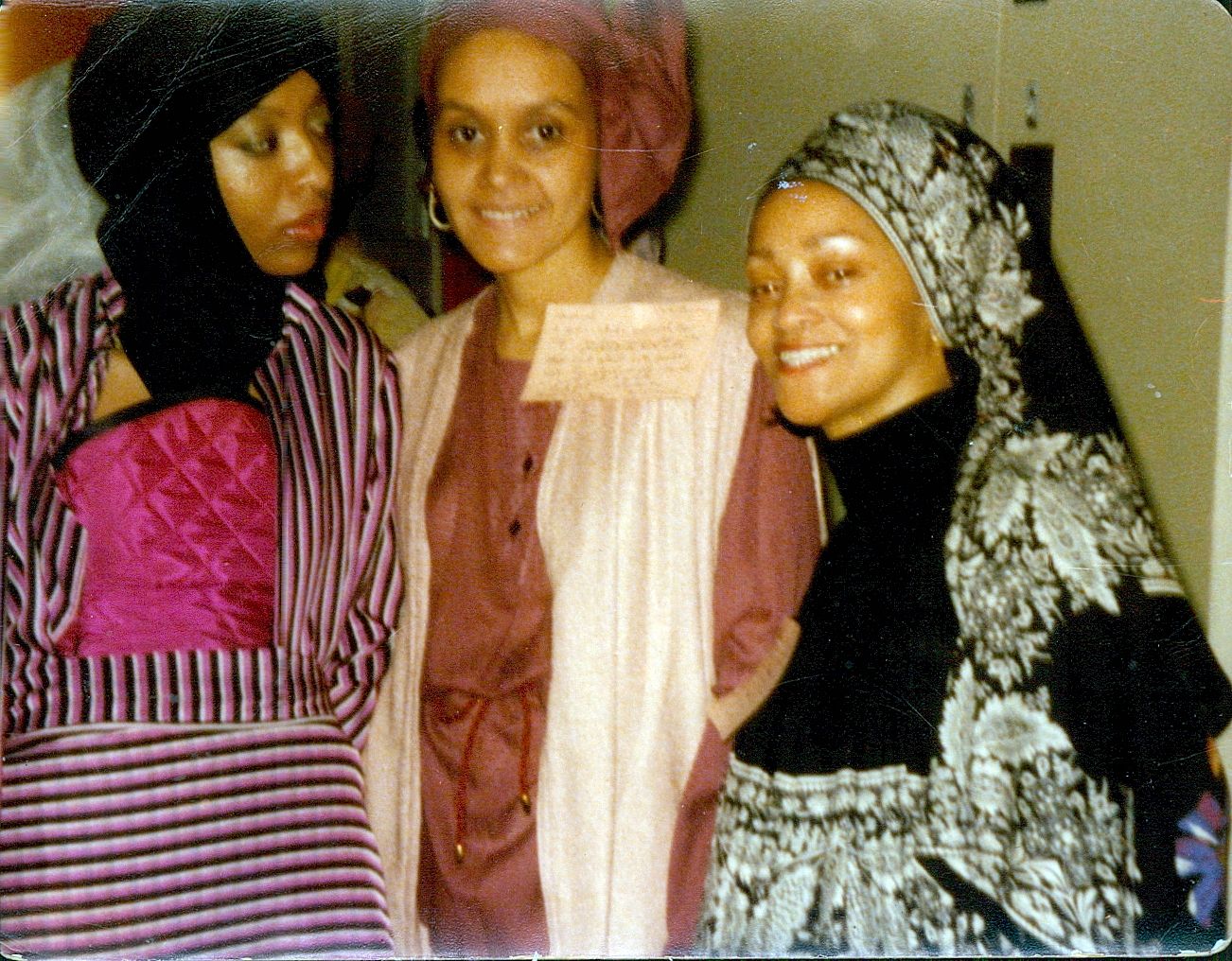
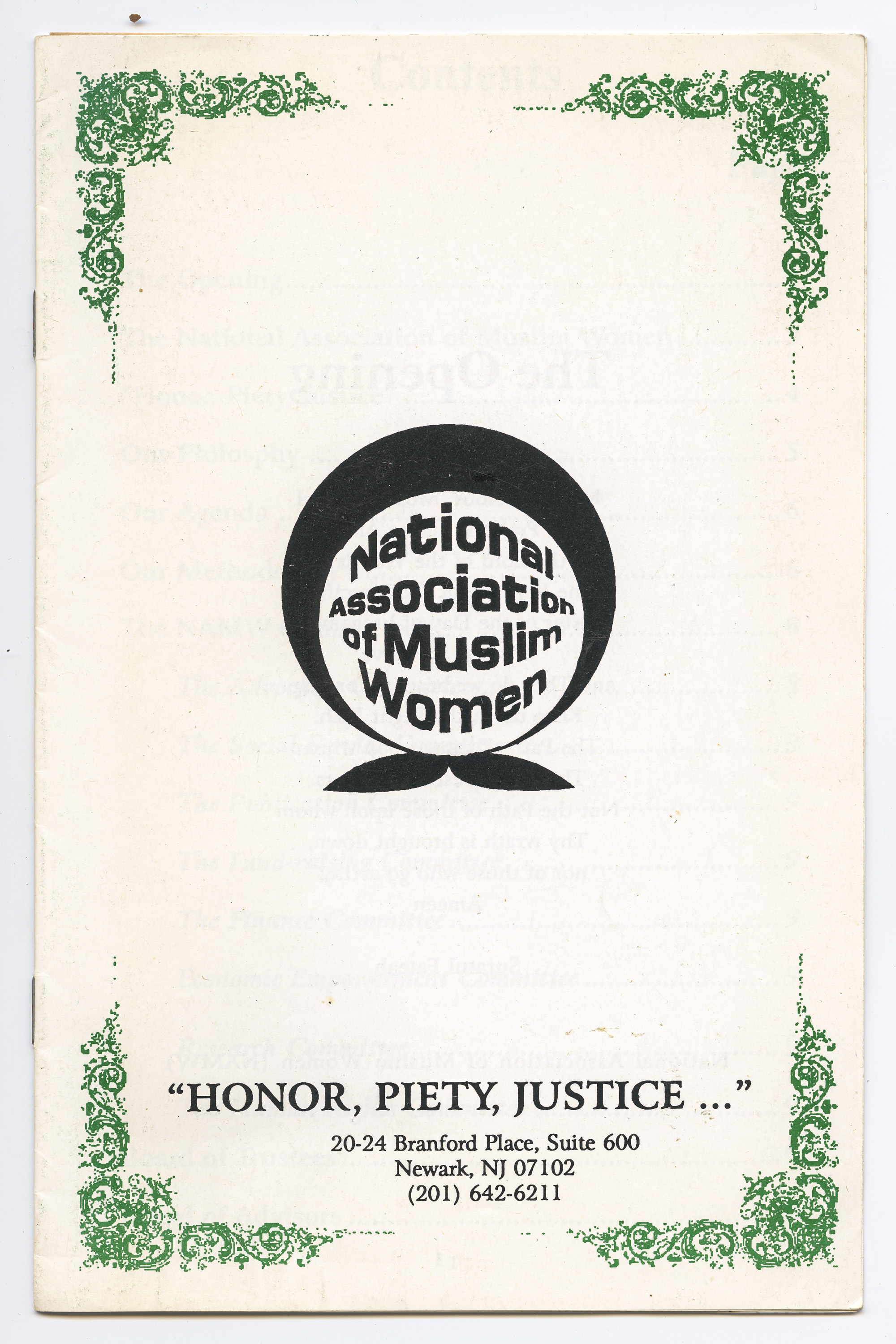
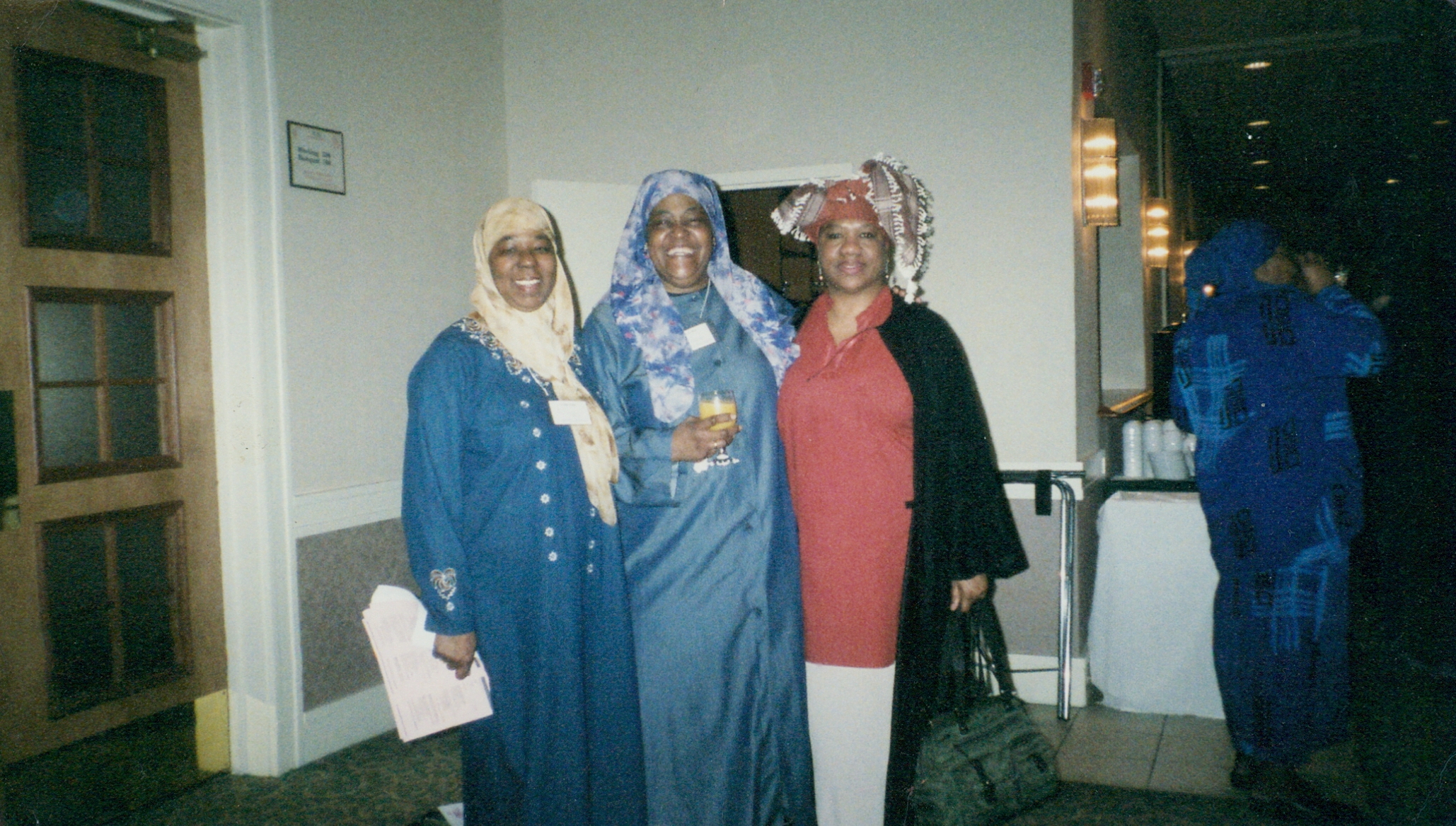
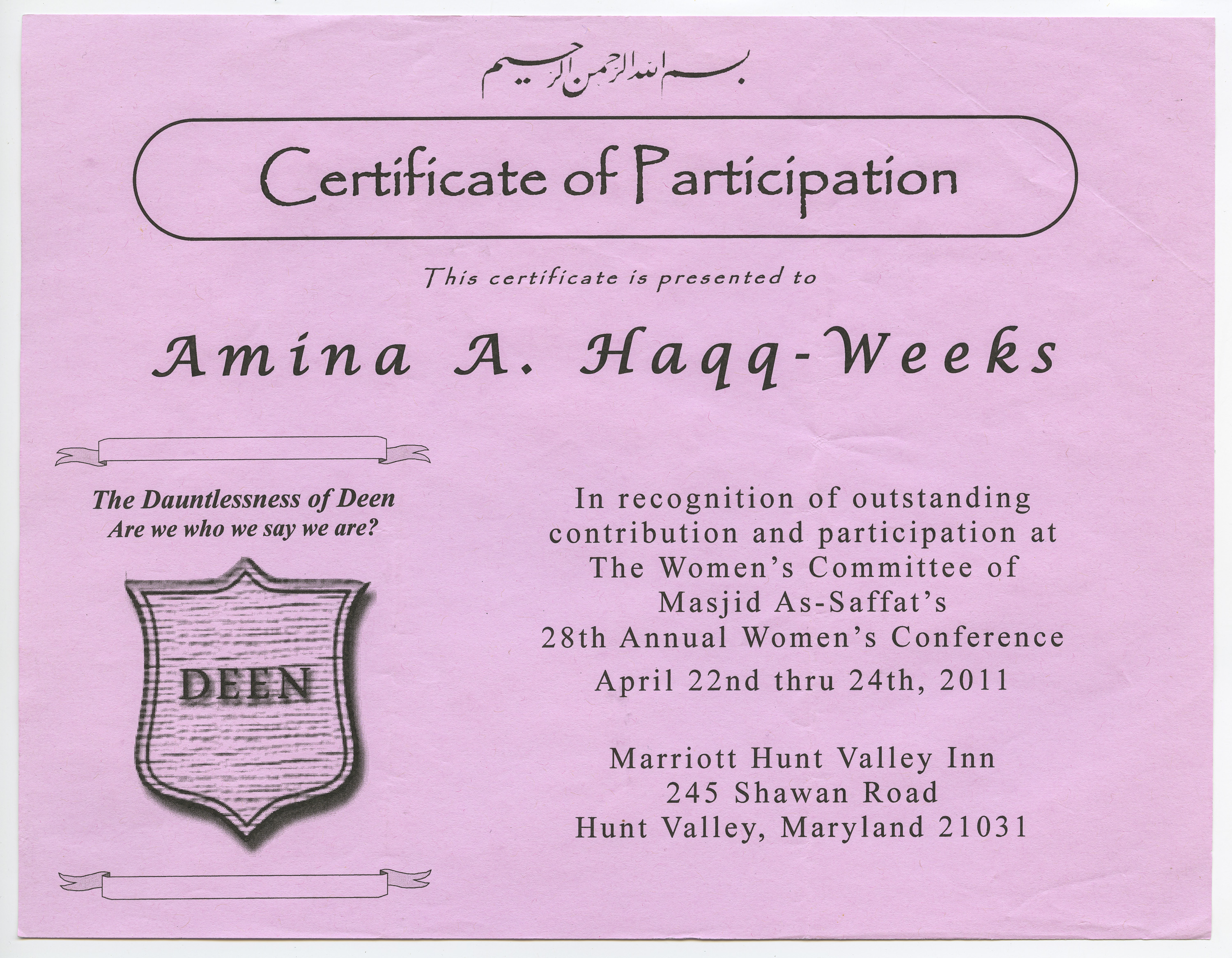
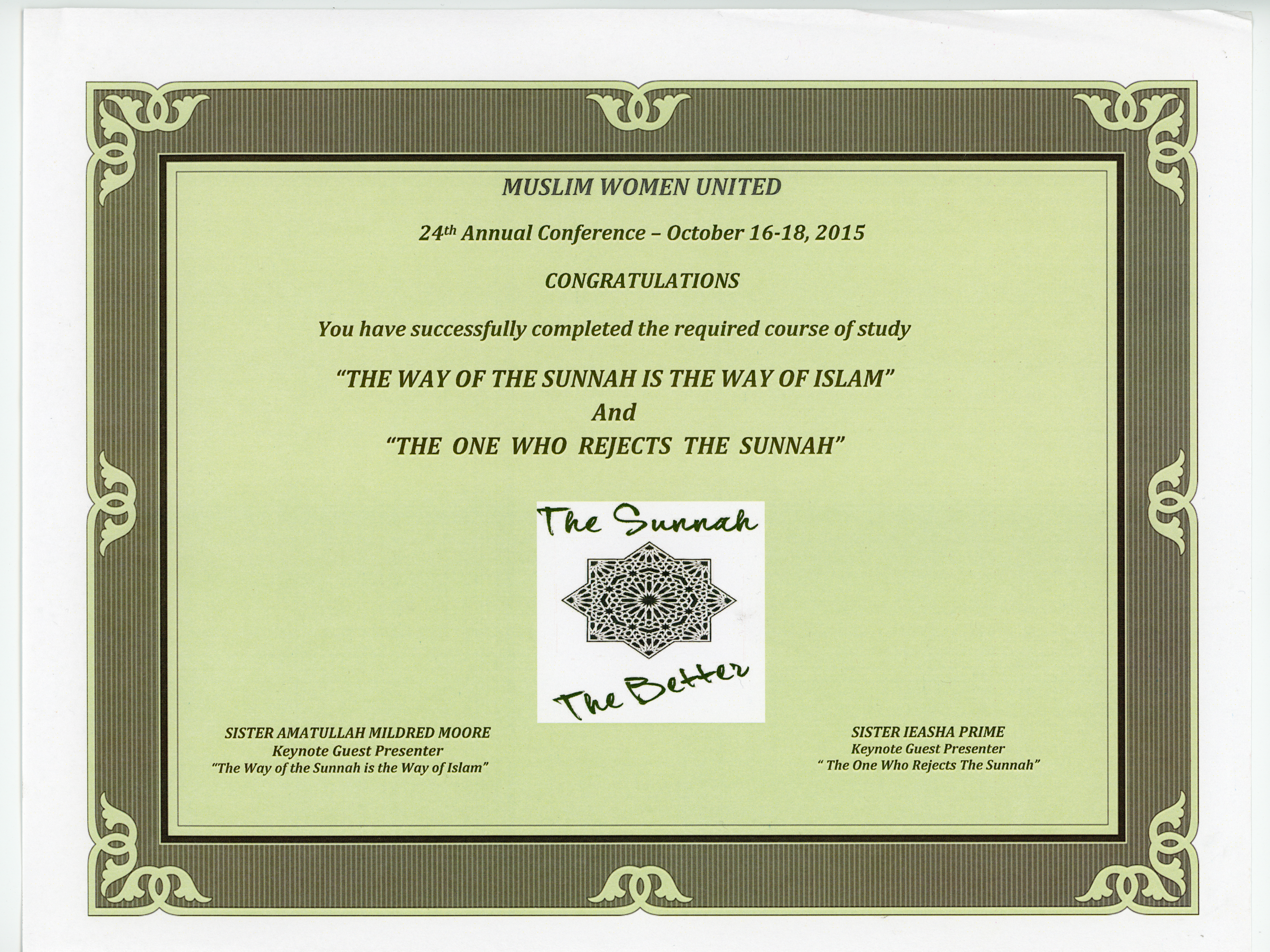
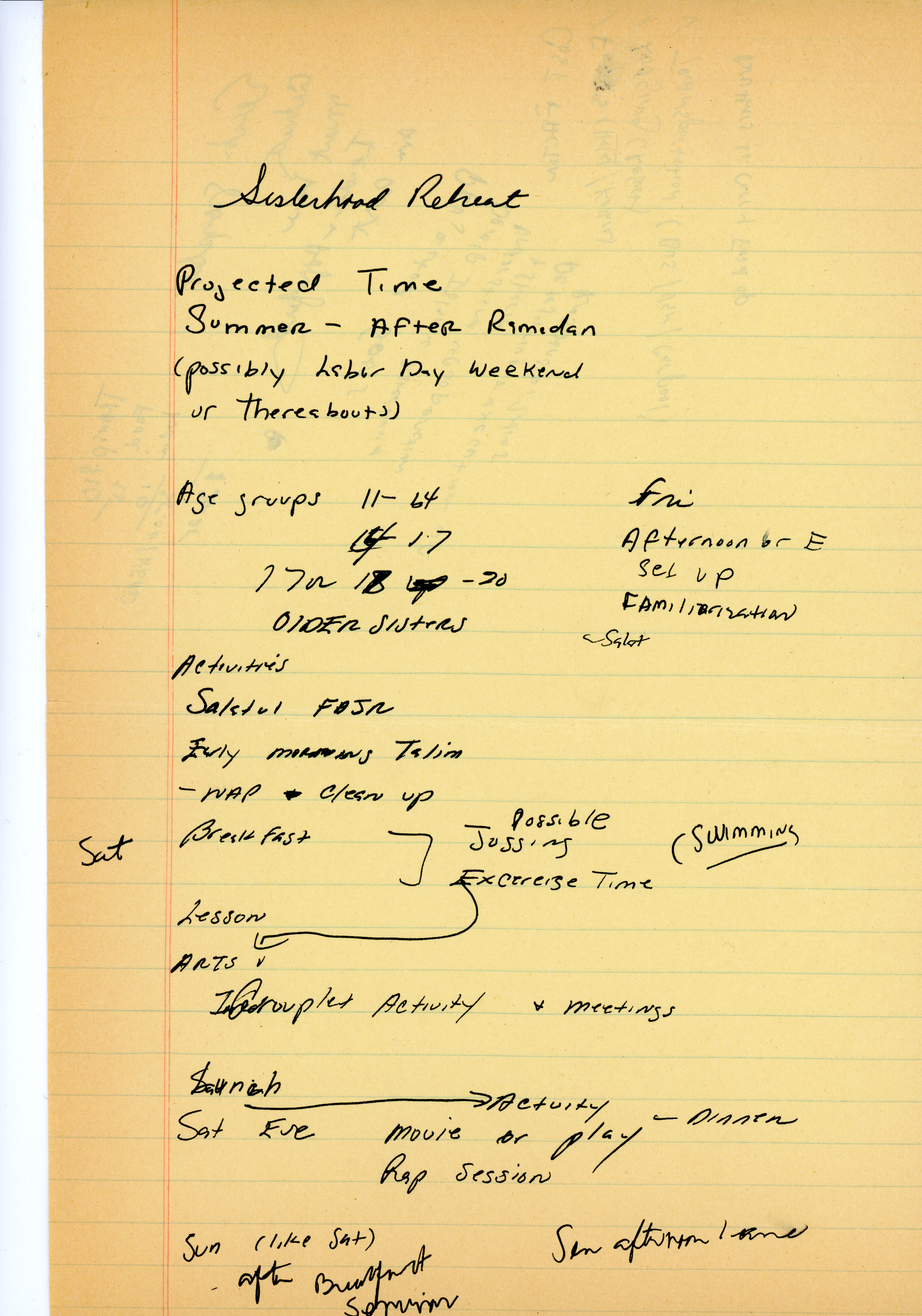
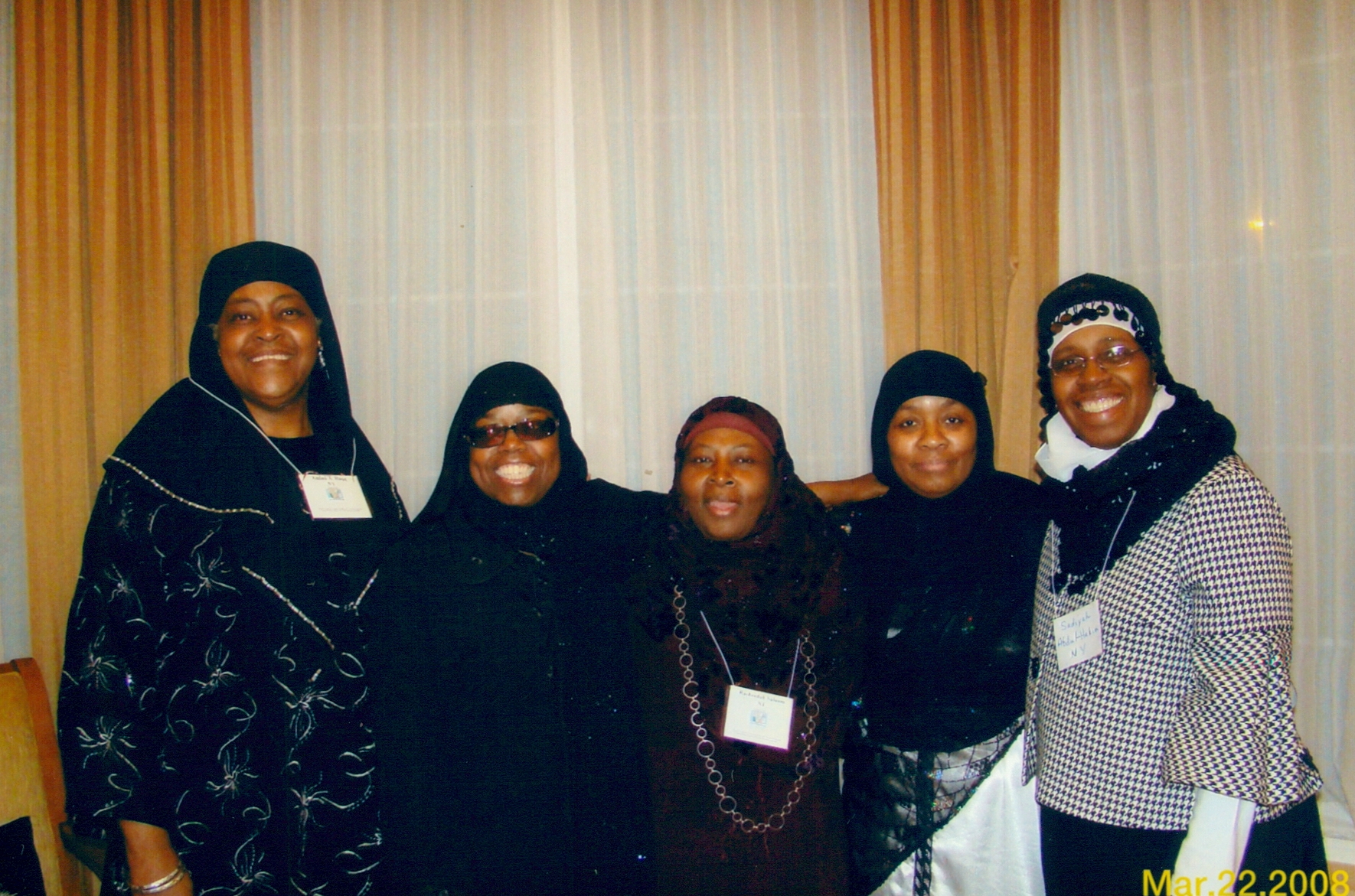
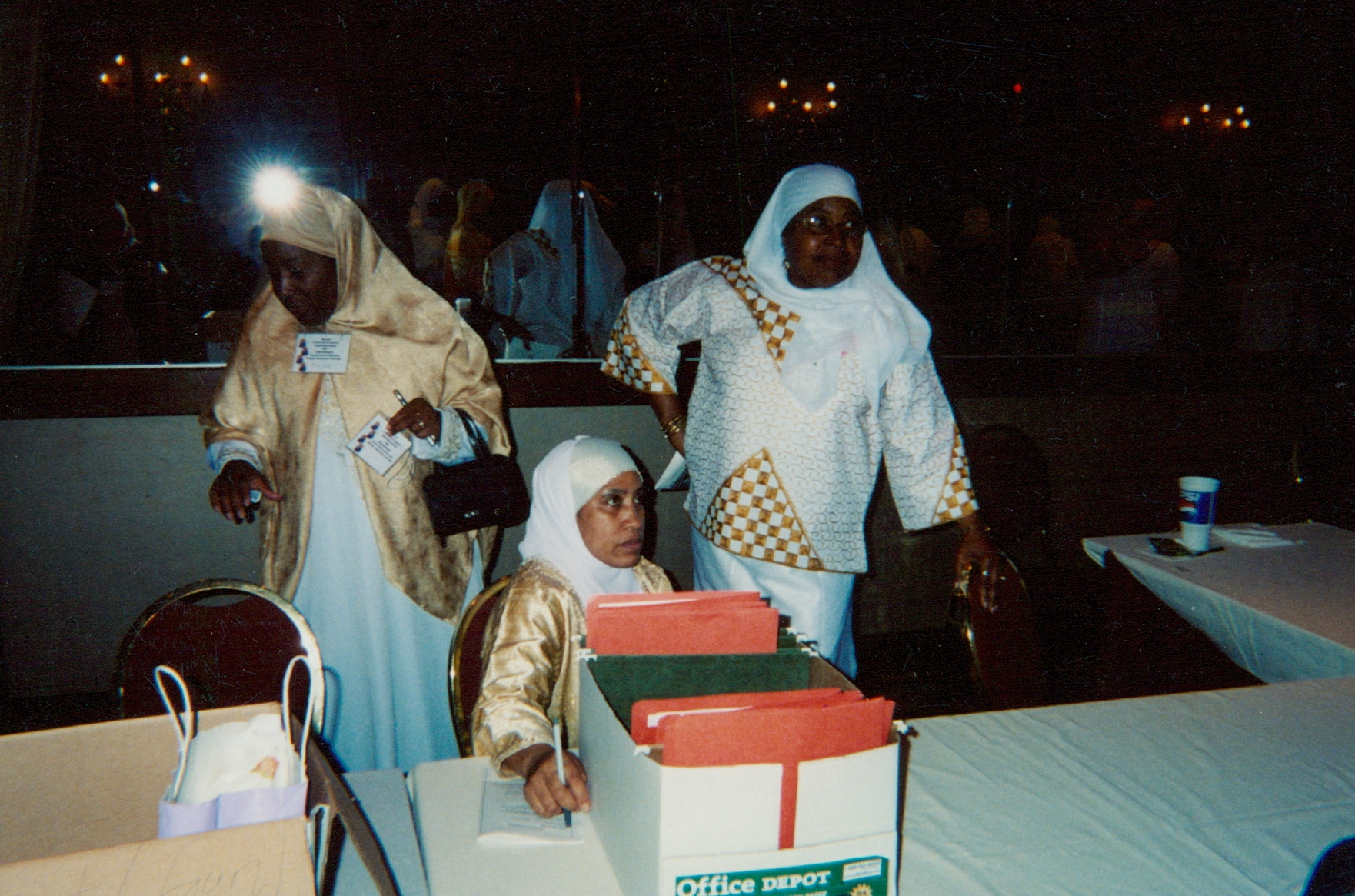
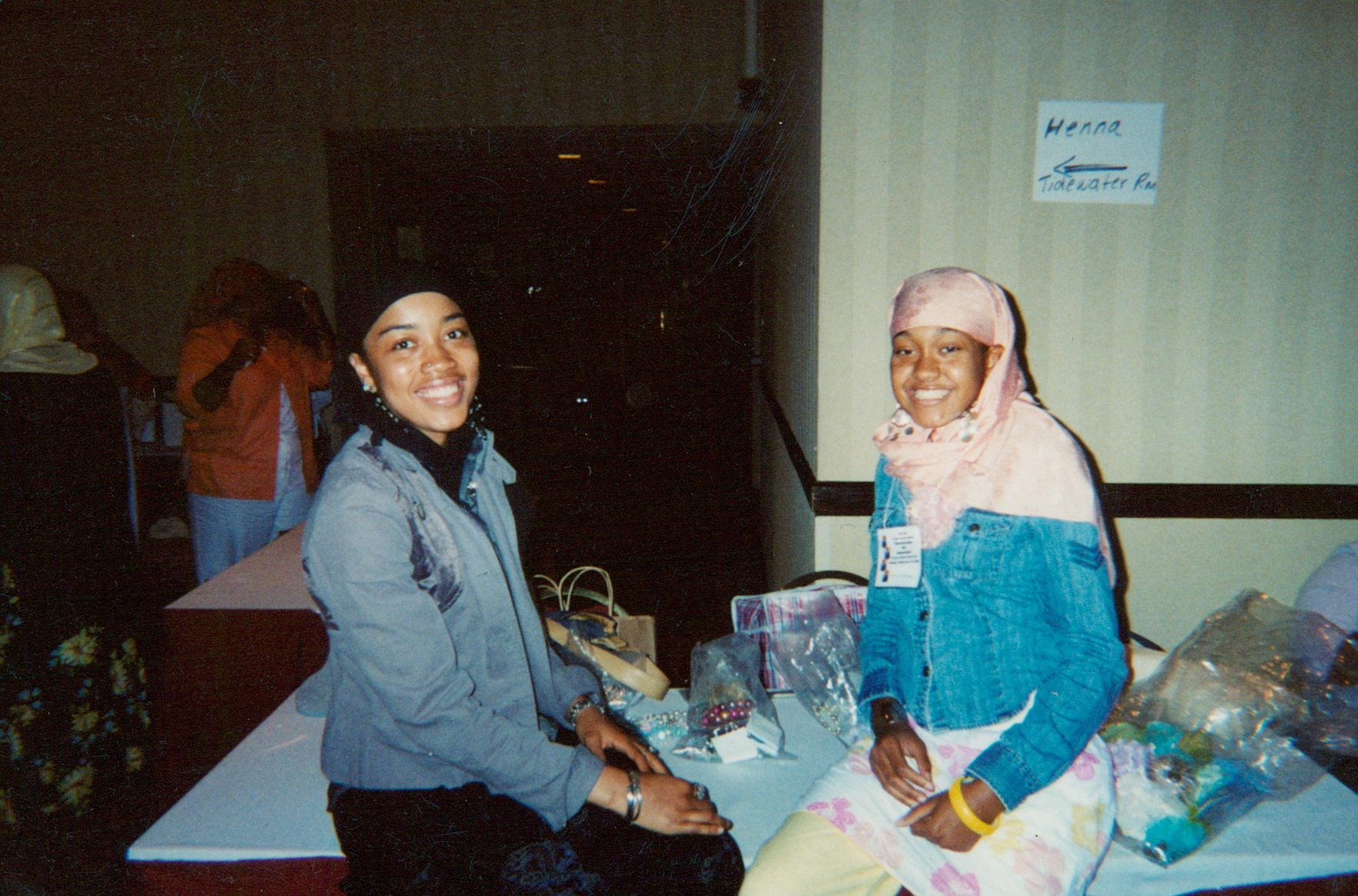
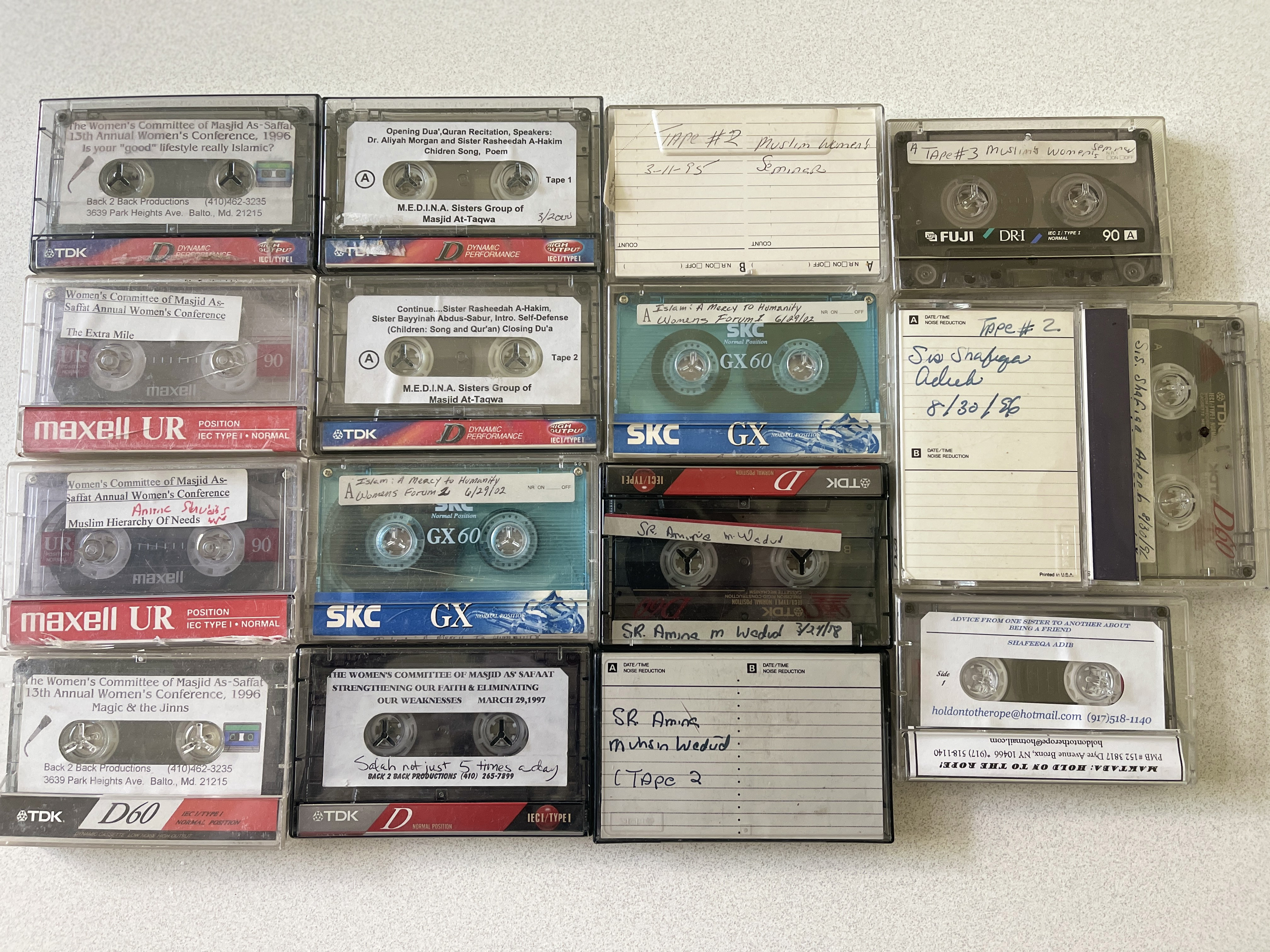
- US Eastern Seaboard
1970s-2015
Photos from events organized by and for women from the 1970s through the 2000s.
Notes: The Sisters Conference or Sisters Retreat is a really critical institution, originating at least in the 1970s, if not further back, for Black Muslims and Muslims in the United States more broadly. It is the culmination of organizational work by women for the education and empowerment of women and their communities. In my conversation with amina wadud about Al-Mujadilah (June exhibition), she put it best:
Now, [by] 1998 [when I gave New Hajar Paradigm lecture at Columbia University], we had already started an initiative, which I also speak about in Inside the Gender Jihad and that is what we would call “the retreat” – the sisters retreat. Now, these are amazing events because they are completely women-led. They're completely women-organized and it demonstrated the ways in which African American Muslim women in particular, because we were the ones that spearheaded sisters retreats and the like, how they organized around their own well being. And these spread, you know, New York, Atlanta, Philadelphia, even in Richmond, where I was living, Boston. And networks would form between these women, and some of them started off rather, you know, ad hoc where you just, you know, I would come into town for an event, but, you know, the ones inviting me would be other, you know, African American Muslim woman who were spearheading these initiatives in the 1990s. I think a little bit in the late 1980s as well, but, you know, it really kicked off in the 1990s, so there had been many opportunities to meet or interface, especially with sister Aliyah [Abdul-Karim] because she was a visionary and had been engaged in organizing before even this trend took root in across, especially across the eastern seaboard, and eventually the West, no offense, I lived in California officially, but, you know, we were a little bit late to the game. So New York was one of the centers, and had been one of the centers for the movement of Black Islam, from the time, obviously, of Malcolm. However, the jist of the ways in which Muslim women themselves took agency in formulating those events and eventually also having the power to be able to wed their efforts with, you know, the larger male-dominated efforts, until they also were recognized as leaders in their own right. So that was an exciting time because everyone, you know, that I met, they were in it for the long haul. And they persevered in love and joy. They were creative. Just the whole idea of centering on wellness.
And that wellness is both internal and external was, yeah, just this amazin– and I did a lot of these. I mean I attended them. Whatever was the topic that would come up, if it aligned with, you know, things I was interested in, I would address it. And they were really an exciting part of my life at that time.
